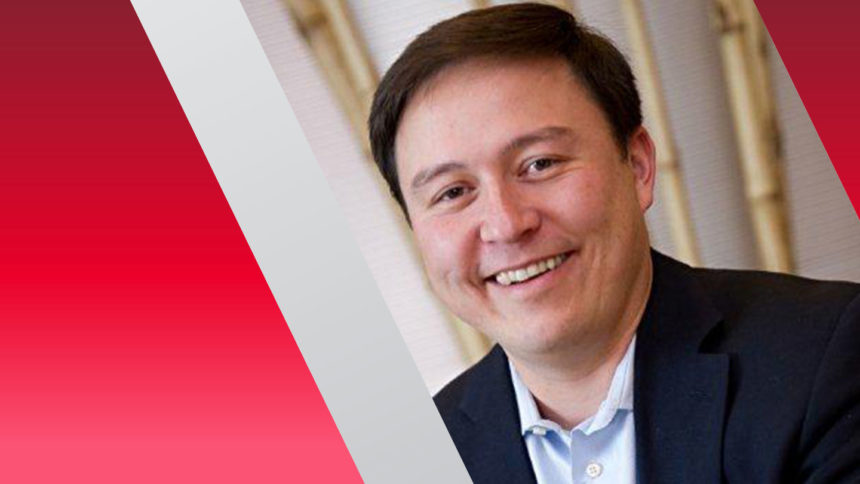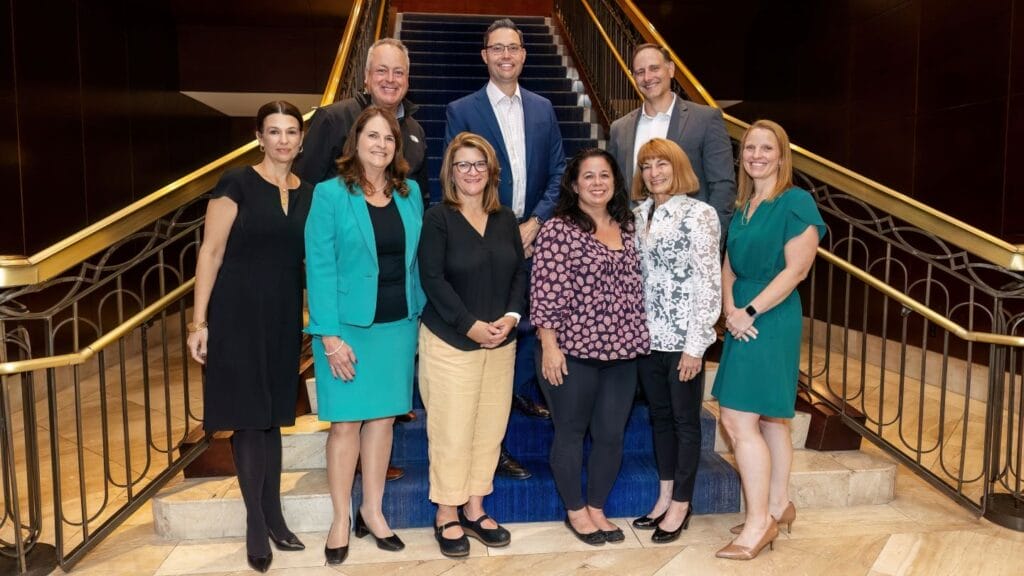
Skilled nursing and senior living operators are still going to be able to benefit from the data-crunching skills of Brian Jurutka, the former president and CEO of the National Investment Center for Seniors Housing & Care.
Jurutka started as vice president of senior housing for the Denver-based IMA Financial Group about a month ago. He is charged with increasing the skilled nursing and senior housing business for the insurance brokerage firm, which specializes in risk management, insurance, wholesale brokerage and wealth management.
This comes after more than seven years as president of NIC, with two of those also including the title of CEO. He departed NIC last fall.
Jurutka told McKnight’s that he was attracted to the position by IMA’s status as an employee-owned organization “full of good people” as well as the chance to “do something that’s meaningful.”
“That’s certainly something at NIC that I felt every single day. If we did a good job, old Americans benefit,” he said. “And I really, truly believe that same opportunity exists at IMA as well. From a culture perspective, there’s a big component of IMA that is also giving back to the community that you live in.”
Jurutka said that data is the “the thread throughout everything” he’s done over the course of his career. Before joining NIC, he served in the Navy as a nuclear submarine officer; at comScore Inc., a digital analytics company where he was senior vice president of the wireless operator analytics division; and Capital One Direct Banking, where he managed the company’s first deposit product partnership and oversaw strategic partnerships.
“I am kind of a data guy,” Jurutka said. Now, he plans to use data to benefit the long-term care industry.
“Part of what I am hoping to accomplish in the longer term would be having the opportunity to use data to help tell a story around the seniors housing space and ideally look for those solutions that help lower risk for residents, which in turn should lower risk for operators, which should give insurers the opportunity to say, ‘Hey, yeah, let’s get engaged, involved in seniors housing,” Jurutka said. “And that is a very similar mission, from that perspective, to what NIC does, just from a different lens.”
‘Be part of that solution’
While at NIC, he said, he often heard those in the industry speak of the current “tough” insurance market.
“What I mean by that is, all the increases in insurance premiums that have occurred and, quite frankly, instances where deals were falling through because insurance premiums have increased two times, three times, over a very short time period,” Jurutka said. Now, he says, he feels “like there was an opportunity to be part of that solution, to work with a team to ultimately try to craft solutions that are going to benefit operators and owners.”
IMA, he said, has more than 2,000 associates and affiliates across the country. They can cover everything from property and casualty to workers’ comp to benefits, he noted.
“There are world-class skill sets across the entire range of commercial insurance, and so this is an opportunity to pull together the appropriate team to provide solutions in the seniors housing and skilled nursing space, everything from property and casualty to workers’ comp to benefits,” he said. “I have the opportunity of essentially drawing on those resources to put together solutions that are going to help operators. And I’d love to also find solutions that ultimately are also going to lower the risk for residents.”
Some of those solutions, he said, could come in areas related to COVID-19, staffing, inflation and the unpredictability of supply lines.
“One of the big pieces right now, particularly in the insurance world, has been around replacement value associated with properties,” he said. “In the seniors housing space, market values have actually been coming down, on average, but the replacement value — if a community is lost in a flood or it burns down — those prices have been going up because of inflation, because of lack of labor and because of uncertainty associated with supply lines turning a six-month project into nine months. That all has an impact from an overall insurance perspective, because those costs are rising as well.”
Longer-term issues across all congregate care settings for older adults, he said, involve the increasing health needs of residents as well as natural disasters.
“Insurers to some extent [are] pulling back on the amount of risk they’re willing to take,” Jurutka said. For operators, that translates into “instead of just going to one insurer to get a $25 million rights liability insurance, or whatever that might be, or umbrella, you may have to go to three or four different insurers to get that limit, which just takes time, energy and efforts.”
The senior care and living industry also is seeing an increase in what the insurance industry calls “nuclear verdicts,” which are “settlements where in some instances the verdict itself may be seemingly disproportionate and that make headlines relative to the claim,” he said.
Such verdicts often may relate to resident falls or, especially in the case of skilled nursing, pressure injuries, Jurutka said.
For operators, he said, “it means that’s the opportunity to document a lot of that, but it also means if you have a lot of turnover associated with your staff, that’s a challenge in some instances, so you have to look for programs, systems, processes that will allow you to go ahead and minimize some of those risks in a higher-acuity setting relative to others.”
Another hot topic related to insurance, Jurutka said, involves insuring properly against property values.
Much to be proud of
Looking back at his time leading NIC, Jurutka said he was proud that the organization earned Great Place to Work status.
He also said that he was “incredibly proud” of the weekly calls that he and other leaders of organizations serving the long-term care industry held during the height of the pandemic. Those taking part included American Health Care Association / National Center for Assisted Living President and CEO Mark Parkinson, American Seniors Housing Association President and CEO David Schless; Argentum President and CEO James Balda and LeadingAge President; and CEO Katie Smith Sloan.
The senior living and care industry, he noted, “was the epicenter of COVID, and it was rewarding, the small part that NIC played in that, and the significant part that many of the lobbying associations played, to help ensure that seniors housing and skilled nursing was getting recognized.”
Jurutka said he’s looking forward to reconnecting in person at the NIC Fall Conference. He has been serving as an adviser to NIC since he left as president and CEO. Raymond Braun succeeded Jurutka at the helm.
“Any way I can help Ray, and any way I can help NIC succeed, I’m willing to do that. It’s a fantastic organization,” Jurutka said, adding that he is excited about NIC’s strategic plan and upcoming first-ever Data & Analytics Conference.
“I’m super-humbled to have been on the front line of seeing a lot of that growth and seeing how a lot of that has come together from a planning perspective, and I’m very optimistic and very excited for the future,” Jurutka said.




